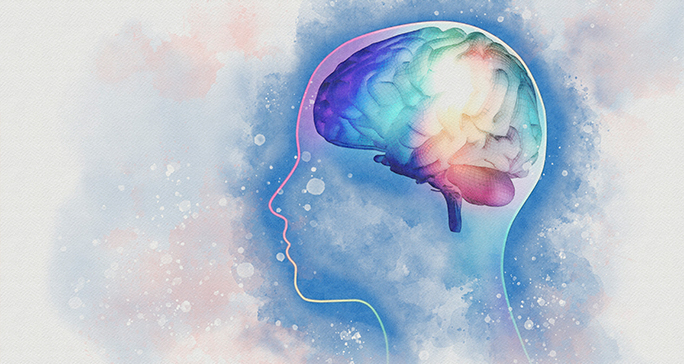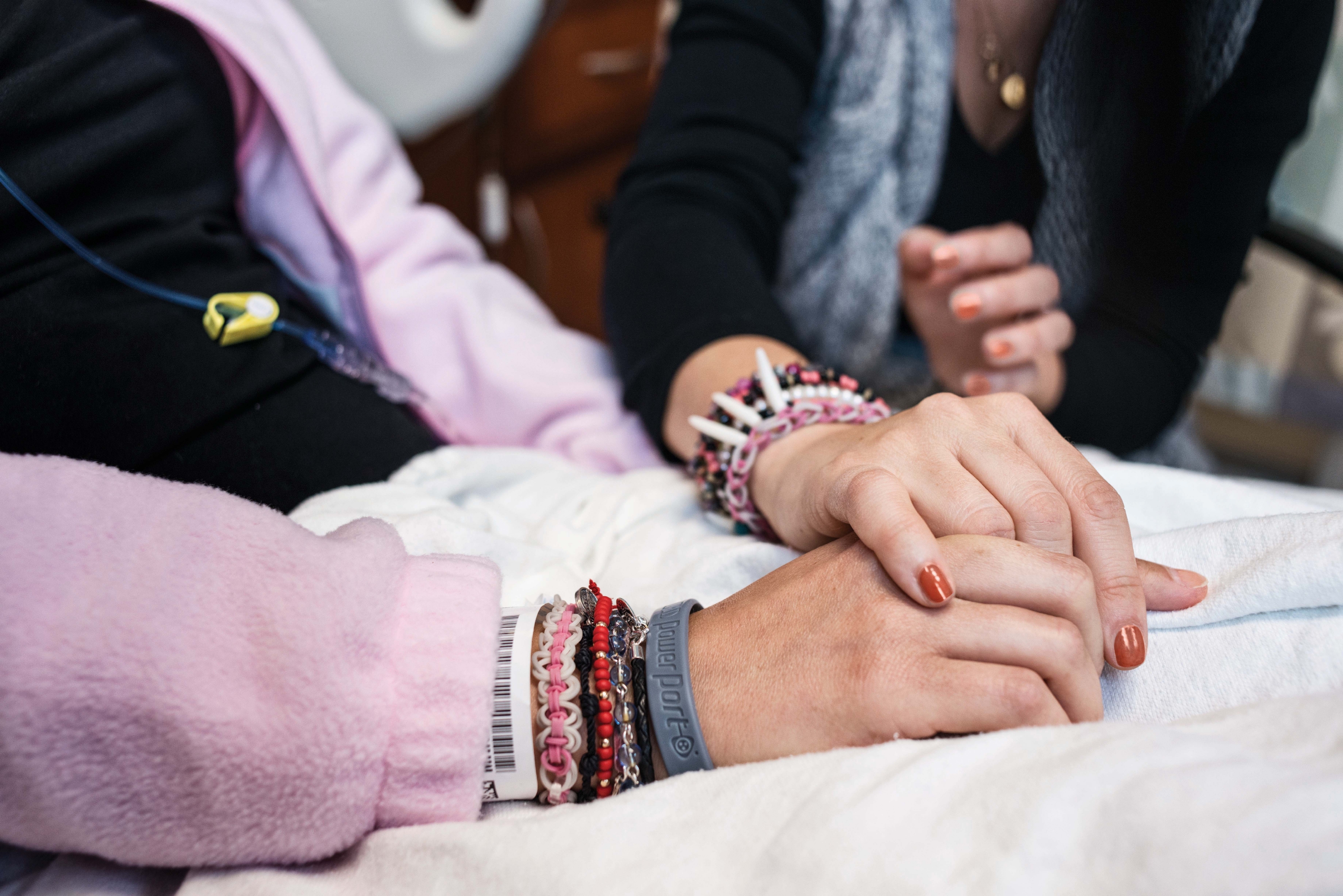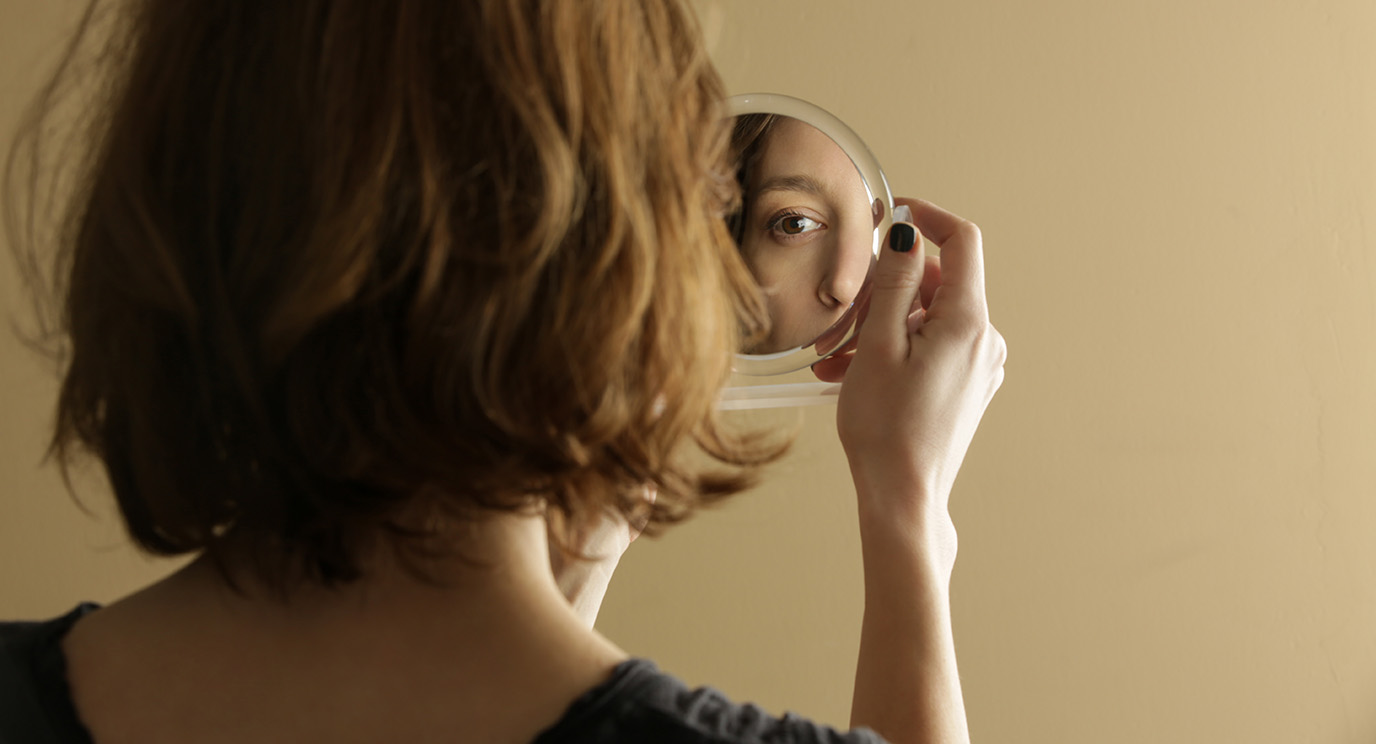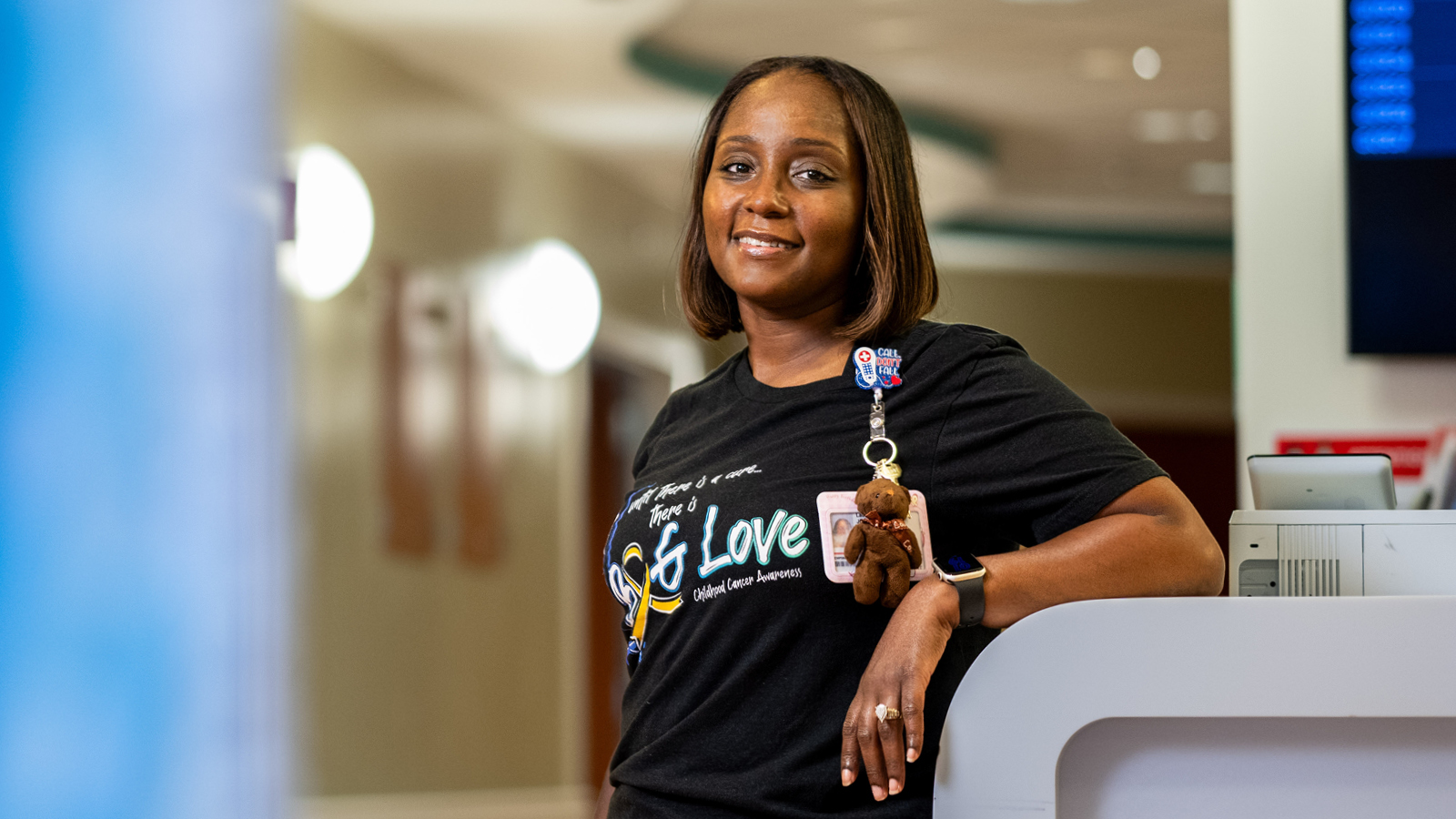- Diseases
- Acoustic Neuroma (14)
- Adrenal Gland Tumor (24)
- Anal Cancer (68)
- Anemia (2)
- Appendix Cancer (16)
- Bile Duct Cancer (26)
- Bladder Cancer (72)
- Brain Metastases (28)
- Brain Tumor (232)
- Breast Cancer (714)
- Breast Implant-Associated Anaplastic Large Cell Lymphoma (2)
- Cancer of Unknown Primary (4)
- Carcinoid Tumor (8)
- Cervical Cancer (158)
- Colon Cancer (166)
- Colorectal Cancer (116)
- Endocrine Tumor (4)
- Esophageal Cancer (44)
- Eye Cancer (36)
- Fallopian Tube Cancer (8)
- Germ Cell Tumor (4)
- Gestational Trophoblastic Disease (2)
- Head and Neck Cancer (12)
- Kidney Cancer (128)
- Leukemia (342)
- Liver Cancer (50)
- Lung Cancer (286)
- Lymphoma (278)
- Mesothelioma (14)
- Metastasis (30)
- Multiple Myeloma (100)
- Myelodysplastic Syndrome (60)
- Myeloproliferative Neoplasm (4)
- Neuroendocrine Tumors (16)
- Oral Cancer (100)
- Ovarian Cancer (172)
- Pancreatic Cancer (160)
- Parathyroid Disease (2)
- Penile Cancer (14)
- Pituitary Tumor (6)
- Prostate Cancer (146)
- Rectal Cancer (58)
- Renal Medullary Carcinoma (6)
- Salivary Gland Cancer (14)
- Sarcoma (238)
- Skin Cancer (296)
- Skull Base Tumors (56)
- Spinal Tumor (12)
- Stomach Cancer (64)
- Testicular Cancer (28)
- Throat Cancer (92)
- Thymoma (6)
- Thyroid Cancer (96)
- Tonsil Cancer (30)
- Uterine Cancer (80)
- Vaginal Cancer (16)
- Vulvar Cancer (20)
- Cancer Topic
- Adolescent and Young Adult Cancer Issues (20)
- Advance Care Planning (10)
- Biostatistics (2)
- Blood Donation (18)
- Bone Health (8)
- COVID-19 (362)
- Cancer Recurrence (120)
- Childhood Cancer Issues (120)
- Clinical Trials (630)
- Complementary Integrative Medicine (22)
- Cytogenetics (2)
- DNA Methylation (4)
- Diagnosis (232)
- Epigenetics (6)
- Fertility (62)
- Follow-up Guidelines (2)
- Health Disparities (14)
- Hereditary Cancer Syndromes (126)
- Immunology (18)
- Li-Fraumeni Syndrome (8)
- Mental Health (116)
- Molecular Diagnostics (8)
- Pain Management (62)
- Palliative Care (8)
- Pathology (10)
- Physical Therapy (18)
- Pregnancy (18)
- Prevention (914)
- Research (392)
- Second Opinion (74)
- Sexuality (16)
- Side Effects (604)
- Sleep Disorders (10)
- Stem Cell Transplantation Cellular Therapy (216)
- Support (402)
- Survivorship (320)
- Symptoms (182)
- Treatment (1786)
How to help your autistic child navigate cancer treatment
5 minute read | Published October 04, 2023
Medically Reviewed | Last reviewed by an MD Anderson Cancer Center medical professional on October 04, 2023
Autistic children with cancer often face unique challenges during treatment. Because autism spectrum disorder affects how a child communicates and interacts, families and doctors need to take extra steps to create a comfortable environment for these patients.
We spoke with Child Life Services Manager Nicole Rosburg and The Faris Foundation Music Therapist Melissa Melo about how parents and caregivers can help autistic and other neurodivergent children during cancer treatment.
Communicate early and often with your child’s care team
When it comes to communicating with your child’s care team, the earlier the better.
“The role of the Child Life team is to reduce anxiety for patients and families in the medical setting, and we work closely with other support programs to do so,” says Rosburg.
This means there’s a team of people working to make sure your child has the best experience possible.
“For example, if your child gets incredibly anxious when waiting for long periods, we can speak to their radiologist and say, ‘I know you normally ask patients to check in 30 minutes before their appointment, but this child can’t sit in a waiting room for 30 minutes. How can we work with you to change the process so this child can come to the hospital and go straight in for their MRI?’”
Other things parents should communicate to their child’s care team are:
- your child’s triggers
- things you fear that may trigger your child
- behaviors you’ve witnessed from your child in other scenarios
- your child’s previous traumatic health care experiences
- your child’s previous health care experiences that went well and why
Bring comfort items to appointments
Unfamiliar faces, noises and smells in a hospital could be a potential trigger for an autistic child. That’s why Melo suggests parents bring items that are comforting to their child to every appointment.
A “coping bag” could include a tablet, a soft blanket or any other item that can be used to comfort or distract an anxious child.
“These items can help regulate the child in that moment,” says Melo. “For example, a blanket could smell like their bed at home, which brings them back to a comfortable, safe space.”
Melo notes that parents shouldn’t be too hard on themselves if their child is struggling to adjust at first.
“Understand that this is a new experience, and it can be overwhelming,” she says. “You’re not doing anything wrong.”
Discuss the schedule with your child ahead of the appointment
Doctor’s appointments or cancer treatment can be disruptive to a child’s routine. To minimize this disruption, parents can create storyboards at home to use as a visual representation to help the child understand what to expect.
For example, a parent might use an image of a doctor in a lab coat or other images similar to a clinic setting to show the child what they’ll see when they arrive at the hospital.
Timers can also help prepare a child for what’s to come.
“A parent may say, OK, we have 5 minutes until we get poked,” says Melo. “‘Poked’ might mean a needle to draw blood or something else. It helps the patient understand that something is coming.”
On the other hand, if a patient is triggered by knowing something is coming, then a timer wouldn’t be advised.
“Each method depends on the individual patient,” Melo says.
Pay attention to body language
Autistic patients may have trouble expressing feelings, like when they’re in pain.
“I’ve seen doctors use the happy face pain scale, which uses happy faces to represent no pain and a sad or crying face to represent the worst pain possible,” says Melo. “Children can point to those faces or faces in between to communicate the severity of their pain.”
But for younger children, it’s important to pay attention to their body language.
“Are they hitting? Are they pulling your hair? Why are they frowning? Understanding the underlying foundation of why they’re doing what they’re doing guides us,” says Melo.
Parents are integral in this as well. A parent may know the child doesn’t like the color red, so the child becomes agitated when a nurse brings in a red ball to the appointment. In this scenario, the solution is easy: remove the red object from the room.
“With any neurodivergent person, their body language speaks to a lot more than what they can say,” she says. “So, I think the most important thing is to understand their body cues. We’re good at assessing those in the moment.”
Use the gift of music
In her experience working with pediatric patients as a music therapist, Melo notes that many autistic children are innately musical.
“They can connect with music and it comforts them,” she says. “They’re able to communicate through words that they cannot communicate with.”
If parents know of a song or instrument that brings their child comfort or joy, Melo encourages them to bring it to the hospital.
“We don’t care if it’s ‘The Wheels on the Bus,’ and we have to listen to it for 35 minutes,” she says. “If that’s going to help your child feel more comfortable, we’ll do it. I can also perform it live. Music can bring that relaxation from home into the hospital.”
Ask for what your child needs
Rosburg says constant assessment allows the care team to provide patients with the best care possible.
“After each appointment, we debrief to discuss what worked, what didn’t and how we can tweak our approach in the future,” she says.
Whether it’s asking the doctor to crouch down when visiting the patient, so they don’t appear tall and scary or requesting a live rendition of ‘The Wheels on the Bus,’ Rosburg says parents should never be afraid to ask for what their child needs.
“We have a ton of resources,” she says. “All we want is for the child to have a positive experience and the family to feel supported. Just tell us what you need.”
Request an appointment at MD Anderson online or by calling 1-855-355-9014.
Related Cancerwise Stories

Understand that this is a new experience, and it can be overwhelming.
Melissa Melo
The Faris Foundation Music Therapist





